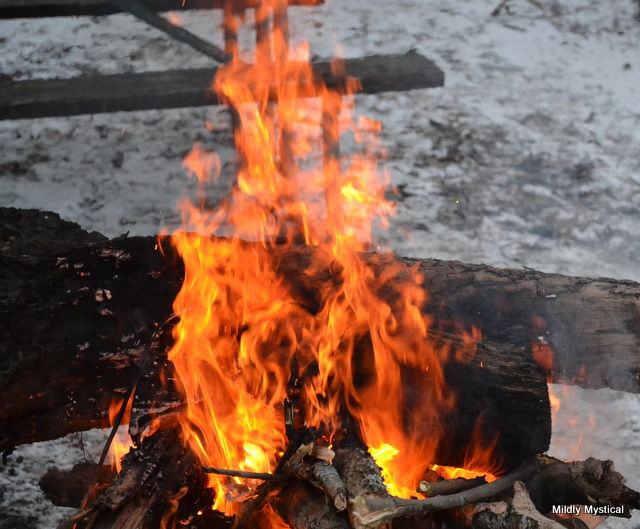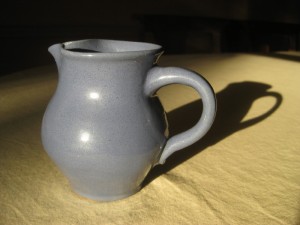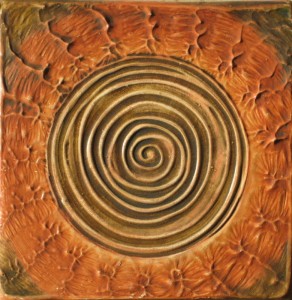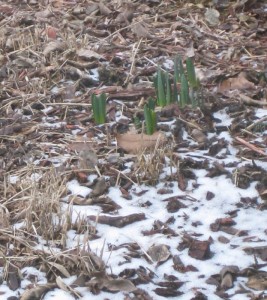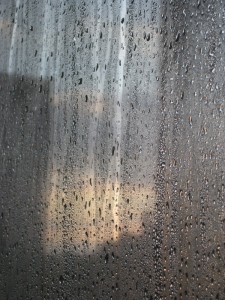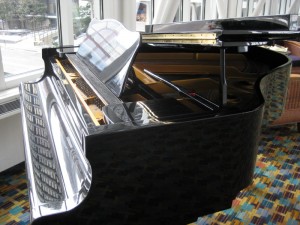The holiday season doesn’t typically bring the pantheon of Greek gods to mind, but the goddess Hestia has something to teach us about the heart of our celebrations. Hestia isn’t as well known as the other Olympians, as we don’t have stories of her exploits, and she was rarely represented as a human figure. Instead, she was identified with the hearth fire of a home or temple. When the fire was lit she was understood to be present, and tending her flame was a sacred duty.
Hestia offers wisdom for creating and maintaining the social structures of family, community, and state that sustain human life. The sense of warmth and comfort we feel at a fireside is her gift. On a larger scale, her influence yields a society that provides peace and security for its members. Hestia’s presence is quiet; Hestia’s absence is devastating.
We’re in the midst of a season when the longing for Hestia colors the activity all around us. The Greeks showed restraint from trying to define her in terms of human characteristics, but our culture doesn’t hesitate to offer specific images for capturing her spirit in our individual lives. Advertisements encourage us to invoke Hestia’s presence not by kindling her fire in the hearth, but by presenting gifts or meals or décor or events. All of these things can be lovely, but when we believe they are necessary—or worse, that they are sufficient for a joyful holiday, we are misled.
The holiday season places home and family at the heart of what we celebrate, idealize, and long for. Over the next few weeks we’ll be subject to thousands of images promising to satisfy our desire for peace and connection. But a longing as deep as the one we bring to the season isn’t met by anything out there in the world, or even by the home and family that can be such blessings.
Addressing the longing for Hestia happens in our own hearts. Her hearth fire is kindled inside, with loving acceptance of ourselves and of life as it is. From that centered place we can lovingly embrace others, bring out the best in them, and create an environment in which to flourish. Invoking the presence of Hestia brings a different kind of perfection, joyful and satisfying. And in the warmth of her light, everything else we bring to the holidays glows as well.

